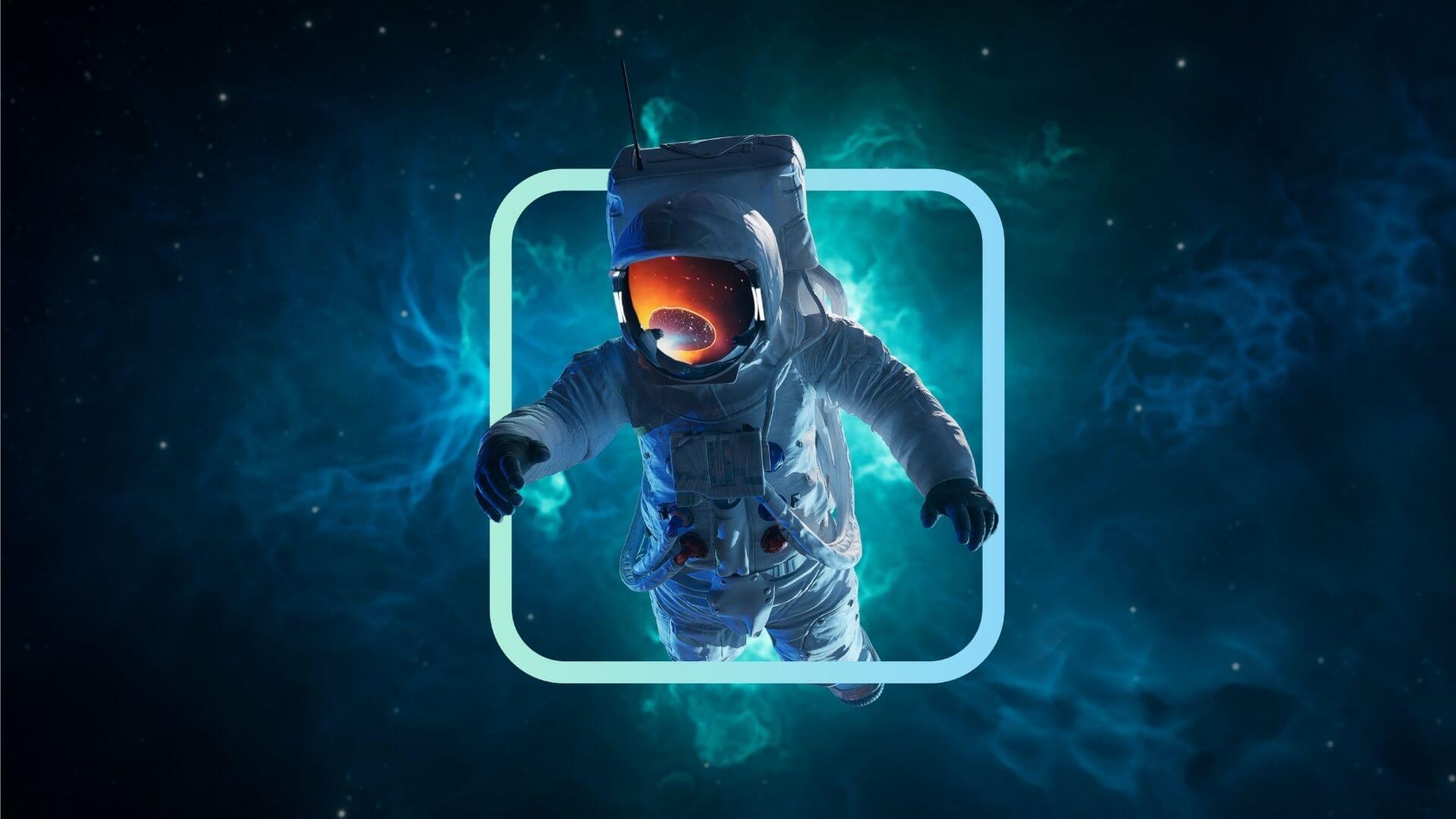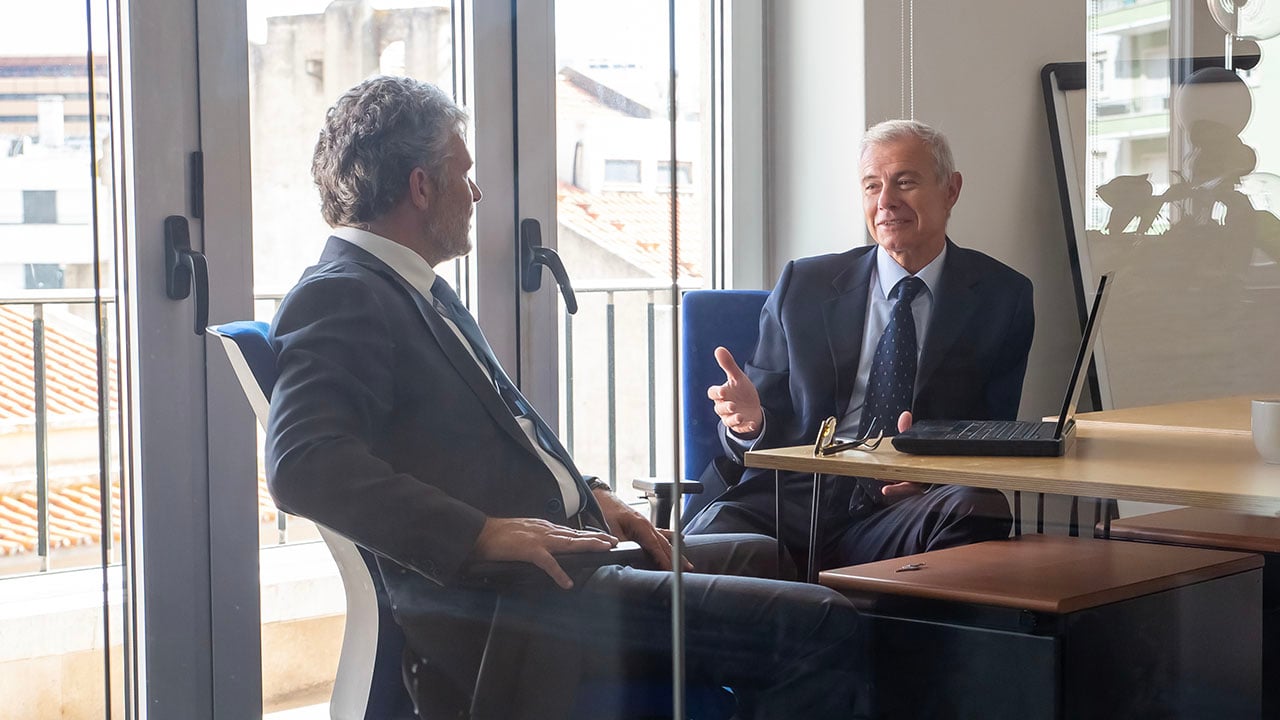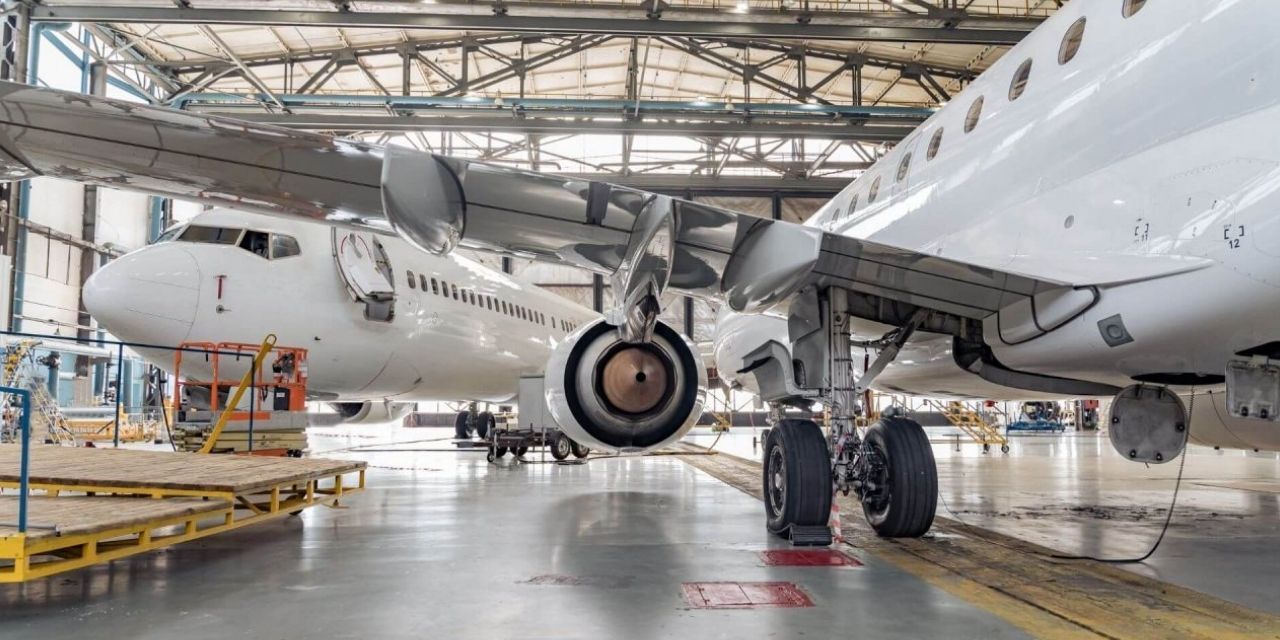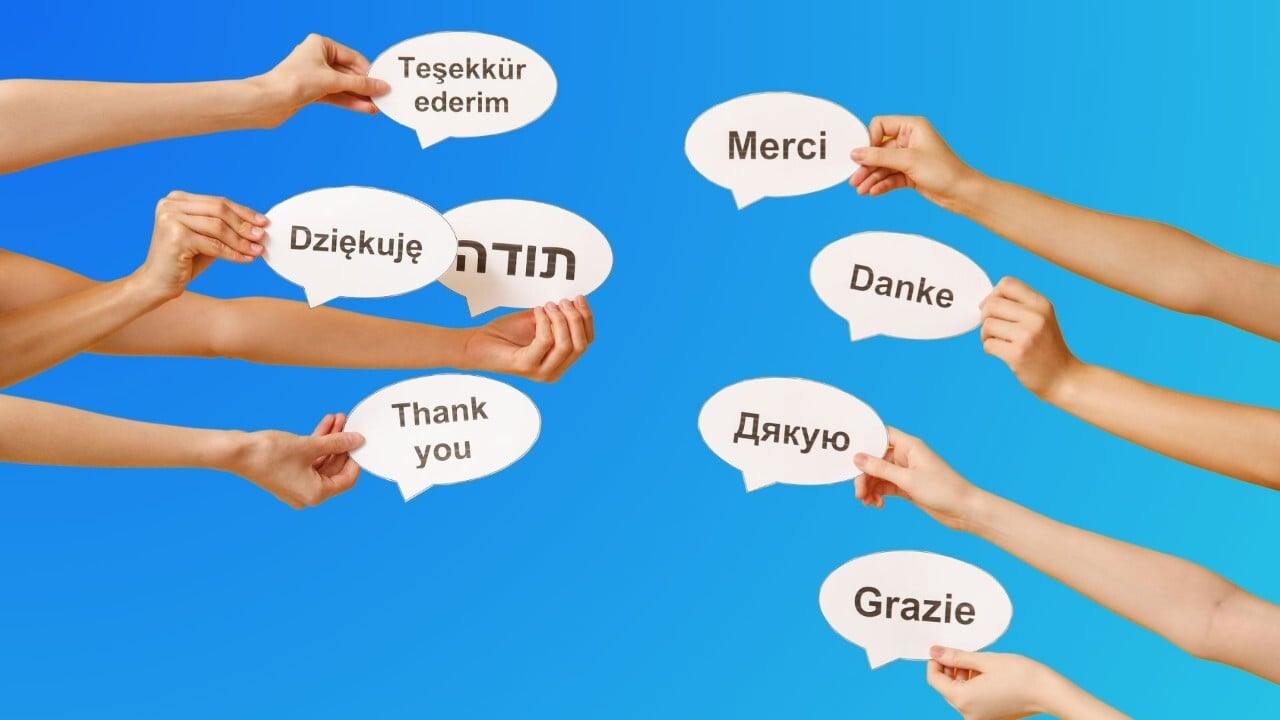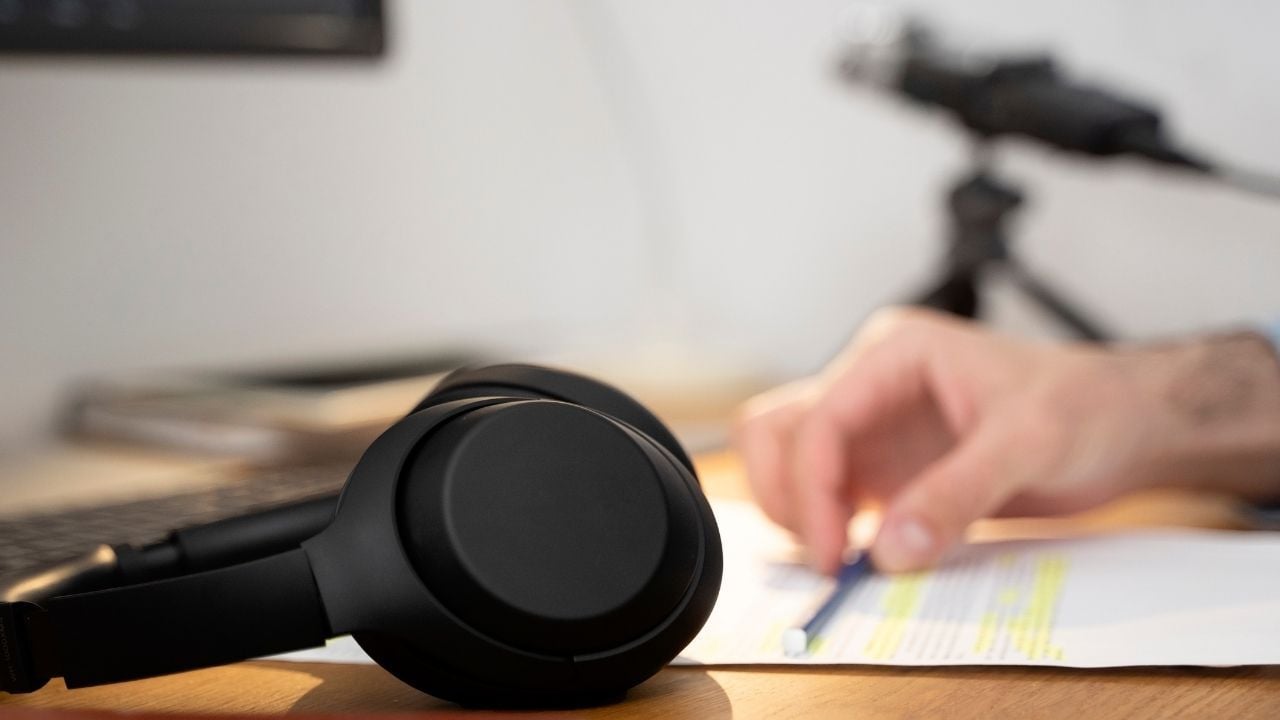In the context of translation, the term “technical” generally refers to all areas in which a certain terminology, style, and perhaps even a sector-specific jargon are used. Unlike in literary translation, creativity is not really required, but precision is essential.
What Are the Characteristics of Technical Translation?
First of all, it should be noted that technical translation can be further divided into subcategories, for example, legal translation, medical translation, financial and banking translation, patent translation, aeronautical translation, etc.
All of these areas are considered “technical” because they require the translator to have a certain amount of knowledge in the field.
Imagine translating a legal text without knowing what a contract is, what clauses are, and what the stakes involved are! The same is true for the medical sector, which requires thorough knowledge of biology, especially of the human body and its functions.
Terminology: The Key to Technical Translation
Vocabulary is generally specific to the sector and needs to be exactly right. “Close enough” doesn’t cut it: this could lead to errors in meaning and ambiguous interpretations, which is not permissible in areas such as the medical sector or in a legal context. A mistake can have serious consequences. It is easy to imagine the terrible effects of a bad translation of the instruction manual of a medical imaging device or of a contract between two large companies, for instance.
In legal translation, there is the added complexity of differences between French, English, German, and Spanish law. This makes a thorough knowledge of these disparities and the ability to adapt certain elements essential so that the documents are in accordance with the legal system of the target country. In the EU, a translator must be aware of both the laws of the countries and EC law!
That does not make it necessary to study law or medicine for ten years to be able to translate well in these areas, however. Contrary to what you may expect, it is not more efficient to ask a doctor or lawyer to translate a text in their field, since translation is a trade of its own which requires thorough linguistic knowledge as well as other skills that other professionals might not have.
Thanks to the internet, there are now many websites, lexicons, and glossaries available to translators that allow them to learn the basics about a topic quickly and to teach themselves all about an area in order to become specialised.
As in many professions, it is then practice that will show if a technical translator is good or not. In any case, a technical translation must be carried out by a professional translator who is specialised in the area in question. Therein lies the key to a successful technical translation.
